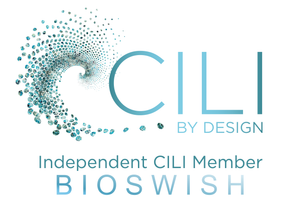Free shipping - 30-day return policy - All products with 0% THC
Selenium Deficiency: An Underestimated Risk to Your Health
Selenium, an essential trace element found in many foods, plays a crucial role in our health. But what happens if we don't get enough of it? A selenium deficiency can have serious impacts on our body, from thyroid problems to a weakened immune system. In this article, we will delve into the health risks of selenium deficiency and how you can ensure you're getting adequate amounts of this important nutrient.
What is Selenium and Why is it Important?
Before we discuss the risks of selenium deficiency, let's take a brief look at what selenium is and why it's so important for our health. Selenium is a trace element that functions as a component of enzymes in the body. These enzymes have antioxidant properties that help combat cell damage from free radicals. Additionally, selenium plays a role in regulating the immune system, thyroid function, and reproductive health. Therefore, you should ensure you're getting enough selenium, for example, through supplements like Cili Swish CBD by Cili by Design.
The Risks of Selenium Deficiency
A selenium deficiency can cause a range of health problems that can negatively impact your well-being. Here are some of the most common risks associated with selenium deficiency:
1. Thyroid Problems
Selenium is important for thyroid function, which produces the hormone thyroxine that regulates metabolism. A selenium deficiency can lead to thyroid problems such as hypothyroidism (underactive thyroid) or Hashimoto's thyroiditis (an autoimmune disease that attacks the thyroid).
2. Weakened Immune System
Selenium plays a critical role in regulating the immune system and helps strengthen the body's defenses against infections. A selenium deficiency can lead to a weakened immune system, making you more susceptible to infections.
3. Cardiovascular Diseases
Studies have shown that a low selenium status may be associated with an increased risk of cardiovascular diseases. Selenium has antioxidant properties that can help reduce inflammation in the body and lower the risk of cardiovascular diseases.
4. Cancer
Some research suggests that low selenium levels may be linked to an increased risk of certain cancers, such as prostate, lung, and colorectal cancer. Selenium has the potential to inhibit the formation of cancer cells and slow the growth of tumors.
How Can You Avoid Selenium Deficiency?
Fortunately, there are many ways to avoid selenium deficiency and ensure you get adequate amounts of this important nutrient:
Eat Selenium-Rich Foods
Incorporate selenium-rich foods into your diet, such as fish, seafood, meat, nuts, seeds, whole grains, and vegetables. These foods can help improve your selenium status and reduce the risks of deficiency.
The Best Sources of Selenium
Fortunately, selenium is present in many foods, making it relatively easy to get enough if you have a balanced diet. Here are some of the best sources of selenium:
1. Fish and Seafood
Fish and seafood are some of the best sources of selenium in the diet. Salmon, tuna, shrimp, and clams are particularly high in selenium. Try to include at least two servings of fish per week in your meals to meet your selenium needs.
2. Meat
Meat is another excellent source of selenium. Beef, chicken, and pork all contain selenium. Be sure to choose lean meats and pair them with a variety of vegetables and whole grains to ensure a balanced diet.
3. Nuts and Seeds
Nuts and seeds are not only tasty but also rich in selenium. Brazil nuts are especially known for their high selenium content. Other good options include sunflower seeds, chia seeds, and flaxseeds. Add them to cereals, salads, or simply enjoy as a snack for a healthy dose of selenium.
4. Whole Grains
Whole grains like oats, brown rice, and whole grain bread are not only high in fiber but also in selenium. Try to replace refined carbohydrates with whole grains to meet your selenium needs while improving your overall health.
5. Vegetables
Some vegetables also contain selenium, although the amounts are relatively small compared to other foods. Broccoli, spinach, and garlic are good options for increasing your selenium intake. Be sure to include a variety of vegetables in your diet to get all essential nutrients.
Consider Supplements
In some cases, it may be necessary to take selenium supplements, especially for individuals at higher risk of selenium deficiency. However, always consult with a doctor or nutritionist first to get the right dosage and recommendations. There are already high-quality supplements on the market that contain selenium, such as Cili Swish CBD by Cili by Design, which you can purchase from our online store.
Maintain a Balanced Diet
A balanced diet rich in various nutrients can help maintain healthy selenium levels. Try to incorporate a variety of selenium-rich foods into your meals to ensure you get all the necessary nutrients.
How Much Selenium Do You Need?
The recommended daily intake of selenium for adults is about 55 micrograms per day. Pregnant and breastfeeding women have a slightly higher requirement. It's important to avoid taking too much selenium as it can lead to toxicity. However, most people get sufficient selenium from a balanced diet and do not need supplements.
Conclusion
A selenium deficiency can have serious impacts on your health, but with the right diet and possibly supplements, you can reduce the risk of deficiency and improve your well-being. Make sure to maintain a balanced diet and include selenium-rich foods in your meals to ensure you're getting adequate amounts of this important nutrient. If you have concerns about your selenium status, consult a doctor or nutritionist to get the best recommendations for your individual needs.
We hope this article has been informative. Also, check out our other interesting articles such as Supplements: The Little Helpers for Your Health or The Importance of Vitamins for Our Health: A Comprehensive Guide.
Free shipping
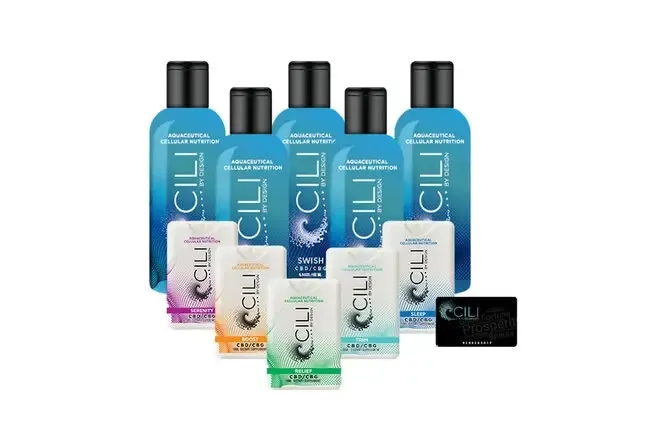
INTRO PACK - Cili Swish CBD with Quickshot Sprays
INTRO PACK - Cili Swish CBD with Quickshot Sprays
statt CHF555.00
Save 37%
CHF352.00
Free shipping
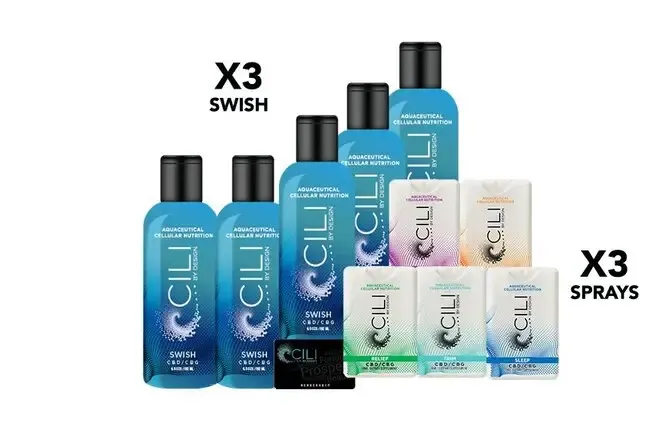
PRO PACK - Cili Swish CBD with Quickshot Sprays
PRO PACK - Cili Swish CBD with Quickshot Sprays
statt CHF1 645.00
Save 38%
CHF1 024.00
Free shipping
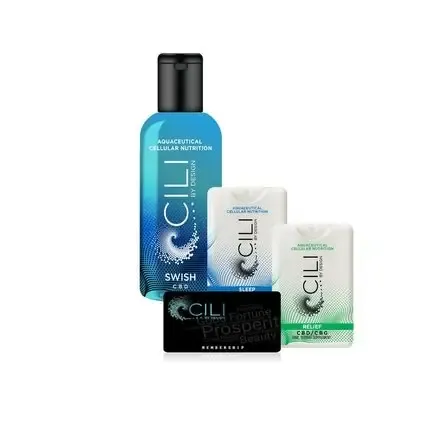
CONSUMER PACK - Cili Swish CBD with two Quickshot Sprays
CONSUMER PACK - Cili Swish CBD with two Quickshot Sprays
5.0
(1)
statt CHF146.00
Save 25%
CHF110.00
Free shipping
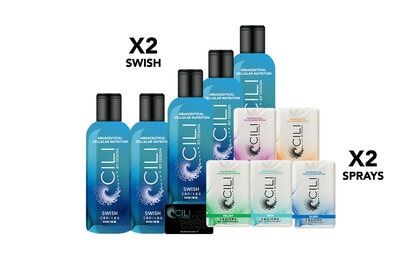
NETWORKER PACK - Cili Swish CBD with Quickshot Sprays
NETWORKER PACK - Cili Swish CBD with Quickshot Sprays
statt CHF1 100.00
Save 37%
CHF689.00
Display prices in:CHF
